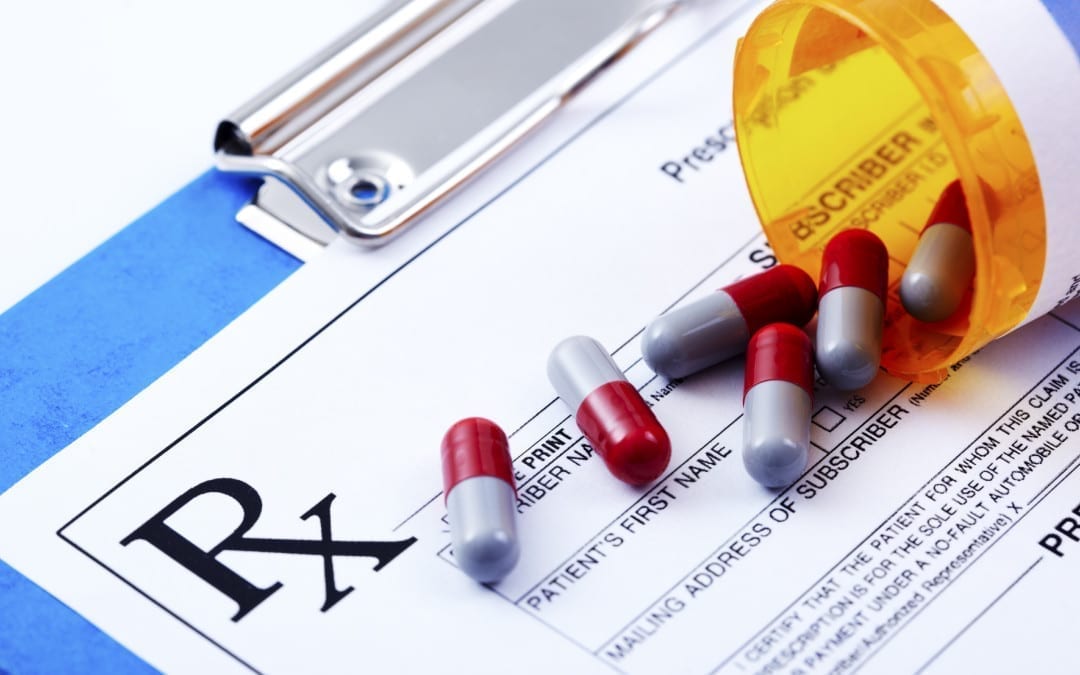Driving requires doing many things at the same time. It also requires dealing with the unexpected. It’s important to know the effects of drugs on driving safety. They can either reduce or enhance your driving ability.
Prescription & Over-the-Counter Drugs
Some drugs legally purchased at a pharmacy, whether they’re prescribed by a doctor or bought over-the-counter (OTC), can be just as dangerous for motorists as alcohol and can trigger a DUI / OVI.
Look for warning labels or ask your pharmacist if you are in doubt about a drug’s capacity for impairment.
Below are some common prescription and OTC drugs that can impair drivers:
Antidepressants: Some sedating antidepressants cause impairment similar to drunk driving.
Valium: 10 mg of the popular tranquilizer can cause impairment similar to having a blood-alcohol concentration of 0.10 percent.
Antihistamines: Many slow reaction time and impair coordination.
Decongestants: Many over-the-counter decongestants can cause drowsiness, anxiety, and dizziness.
Sleeping Pills: Even in the morning, the residual effects of these drugs can impair drivers.
Hydrocodone: This common pain reliever, the main component of Vicodin, is similar to opiates and causes impairment similar to morphine and codeine (oxycodone has similar effects).
Caffeine: Caffeine is a stimulant. It reduces sleepiness and increases alertness temporarily. People use it to satisfy an addiction to it, for its taste, and for its stimulative effects.
When drivers are drowsy, caffeine improves their driving. It also increases alertness and reaction time after drinking alcohol. However, it doesn’t eliminate alcohol impairment.
Alertness in driving is important. The National Highway Traffic Safety Administration estimates that about 100,000 crashes occur in the U.S. annually from drowsy driving.
Impairing Effects of Various Illegal Drugs
Marijuana: Relaxation, euphoria, disorientation, altered time and space perception, drowsiness, paranoia, image distortion, increased heart rate.
Cocaine: Euphoria, excitation, dizziness, increased focus and alertness (initially), confusion and disoriented behavior, irritability, paranoia, aggressiveness, increased heart rate.
Methamphetamine: Euphoria, excitation, hallucinations, delusions, insomnia, poor impulse control, increased heart rate, increased blood pressure.
Morphine & Heroin: Intense euphoria, drowsiness, relaxation, sedation, disconnectedness, mental clouding, analgesia, depressed heart rate, nausea and vomiting, diminished reflexes.
LSD: Hallucinations, altered mental state, delusions, impaired depth, time and space perception, hypertension, tremors.
Medical Marijuana
Motorists who live in states that permit the medical use of marijuana with a valid doctor’s recommendation may still be charged with a DUI / OVI. So if the officer and/or drug recognition expert has gathered enough evidence of marijuana impairment, an otherwise valid medical exemption may not be used as a defense.
In this regard, medical marijuana is no different from other prescription drugs with the potential for impairment.

